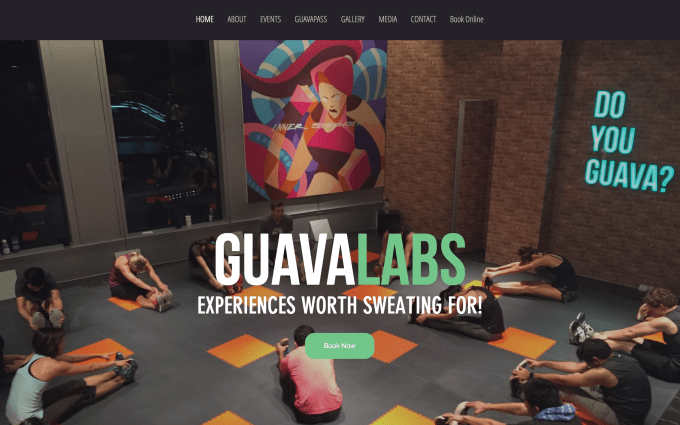ClassPass is having something of a challenge with the fitness subscription model in the U.S., but that isn’t stopping others elsewhere in the world from trying to make it work
GuavaPass, a two-year-old Singapore-based service for finding gyms and fitness centers across Asia and the Middle East, has pulled in $5 million to expand to more markets. Vickers Venture Partners led the round, which GuavaPass said included input from other undisclosed “strategic” investors.
ClassPass, the U.S. startup that kicked off the trend for fitness subscription services, has run into tough times lately. The company last week ditched its unlimited tier, which let customers do as many classes as they wanted for just $180 per month. The finances simply didn’t work — and it isn’t the first time. ClassPass also raised its prices this summer to make its business more viable, a move that cost it 10 percent of its customer base.
That is the U.S., but there are also doubts around this business model for Asia.
KFit, the closest rival to GuavaPass, expanded beyond fitness after it raised $12 million earlier this year. It acquired Groupon’s Indonesia business to move into commerce, in turn throwing up suggestions that it may be looking supplement its revenue streams with a more proven monetization model.
Despite question marks around others in its field, GuavaPass, which operates in 10 cities across Asia Pacific and the Middle East, believes that it is developing a sustainable business.
“What we’re building in Asia is very unique to Asia, we can tailor the product [for local markets, and] don’t want to create a cookie cutter solution,” Jeffrey Liu, GuavaPass CEO and co-founder told TechCrunch in an interview.
“From our viewpoint, we set out to build a sustainable business [and have] always been careful that we weren’t over subsidizing our product,” GuavaPass President and co-founder Rob Pachter added.
The duo explained that the grand vision behind GuavaPass is to create a fitness community. Already, the company offers resources on its website, blog posts, newsletters and more, white it recently opened its own 2,000 studio: GuavaLabs in Singapore.

An “epicenter of fitness options,” Liu and Pachter said the GuavaLabs space is used for branded events, activation, showcasing nutritional products, community events, and more. The idea is to supplement the community building that it is working on in the online space.
“We’re now creating this go-to destination that consumes visit on a daily basis,” Liu said. “The longer term plan is to create this sticky community.”
“Our objective is to continue our business, it’s only been abut 18 months so we’ve barely scratched the surface. I think we’re on track to build a pretty sustainable business in the long-term,” he added.
GuavaPass is looking to use its new financing to expand into new markets. It isn’t being too specific about which new cities it will hit, but Abu Dhabi, Istanbul and Shenzhen are among its confirmed targets. Beyond these expansions, it said the money will be used to “solidify operational infrastructure,” push into the corporate market, and bring on more partners to increase its services.
